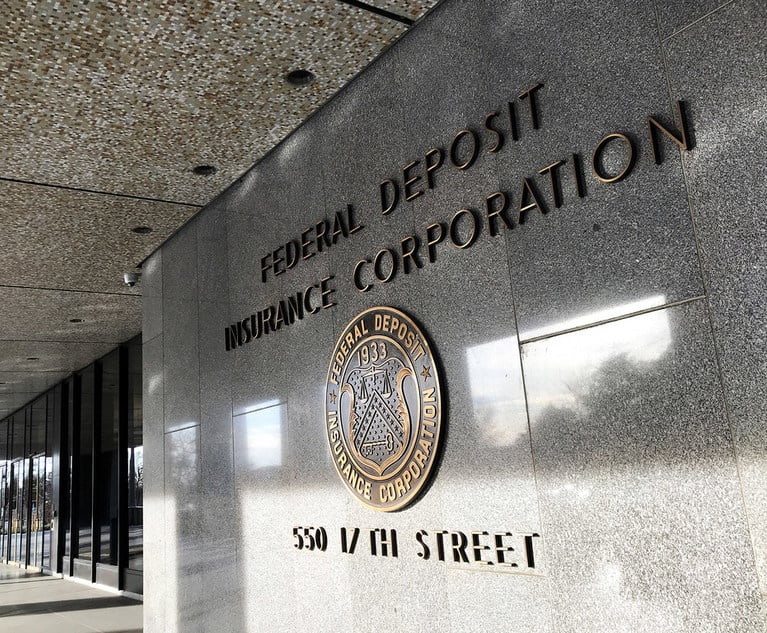Service by U.S. citizens on foreign boards of directors has been a topic of intense national interest recently. Beyond recent headlines, service on a foreign board can be rewarding and important—helping foreign companies access U.S. markets and capital, improving operational efficiencies, and adding technical and financial expertise. However, it can also bring challenges. For one, foreign-based companies remain a target of U.S. prosecutors and regulators. Indeed, some of the most notable civil enforcement actions and prosecutions in recent years have involved foreign-based entities. In 2017, for example, a Swedish company, Telia AB, paid almost a billion dollars to the Department of Justice and the SEC to settle charges under the Foreign Corrupt Practices Act. The U.S. Attorney’s Office for the Southern District of New York recently brought criminal charges against a Turkish bank for violating U.S. sanctions laws. And earlier this year, in separate cases, the SEC charged both a Japanese (Nissan) and a German (Volkswagen) car manufacturer with violating the anti-fraud provisions of the U.S. securities laws.
Here, in part one of a two-part series, we outline four areas in which U.S. enforcement authorities have been particularly active in recent years and suggest questions that potential or serving US directors should consider asking.


 North America with global network.
North America with global network.







